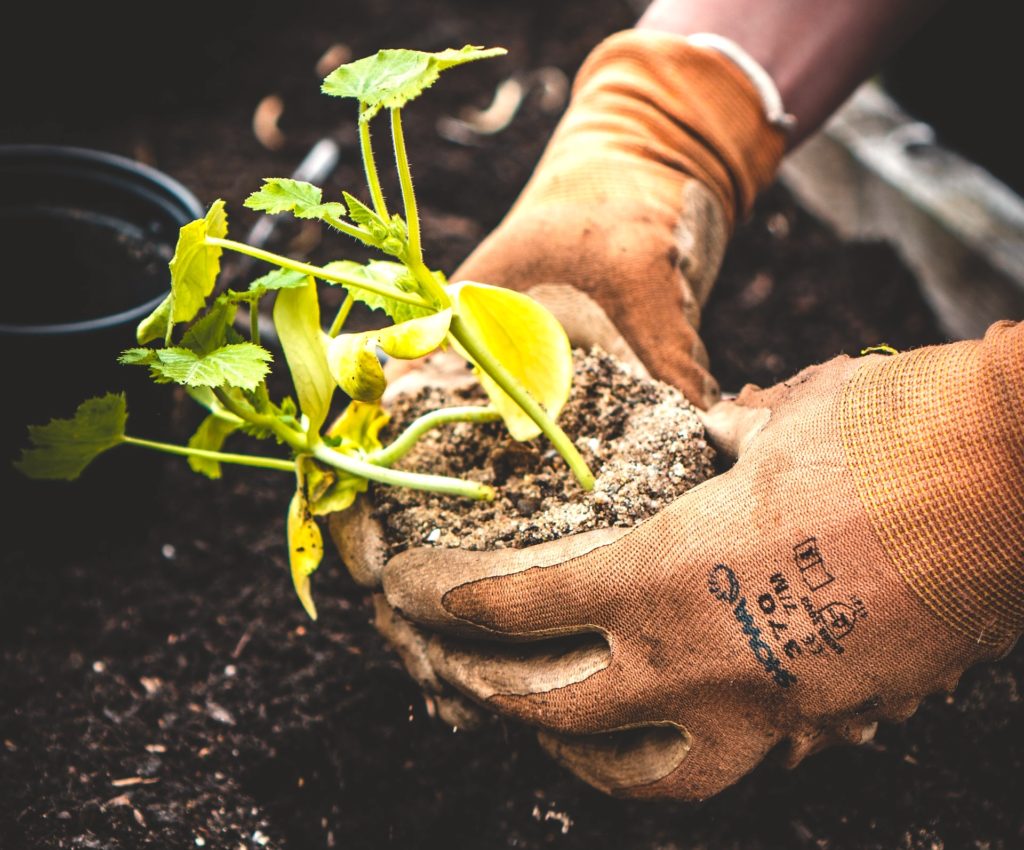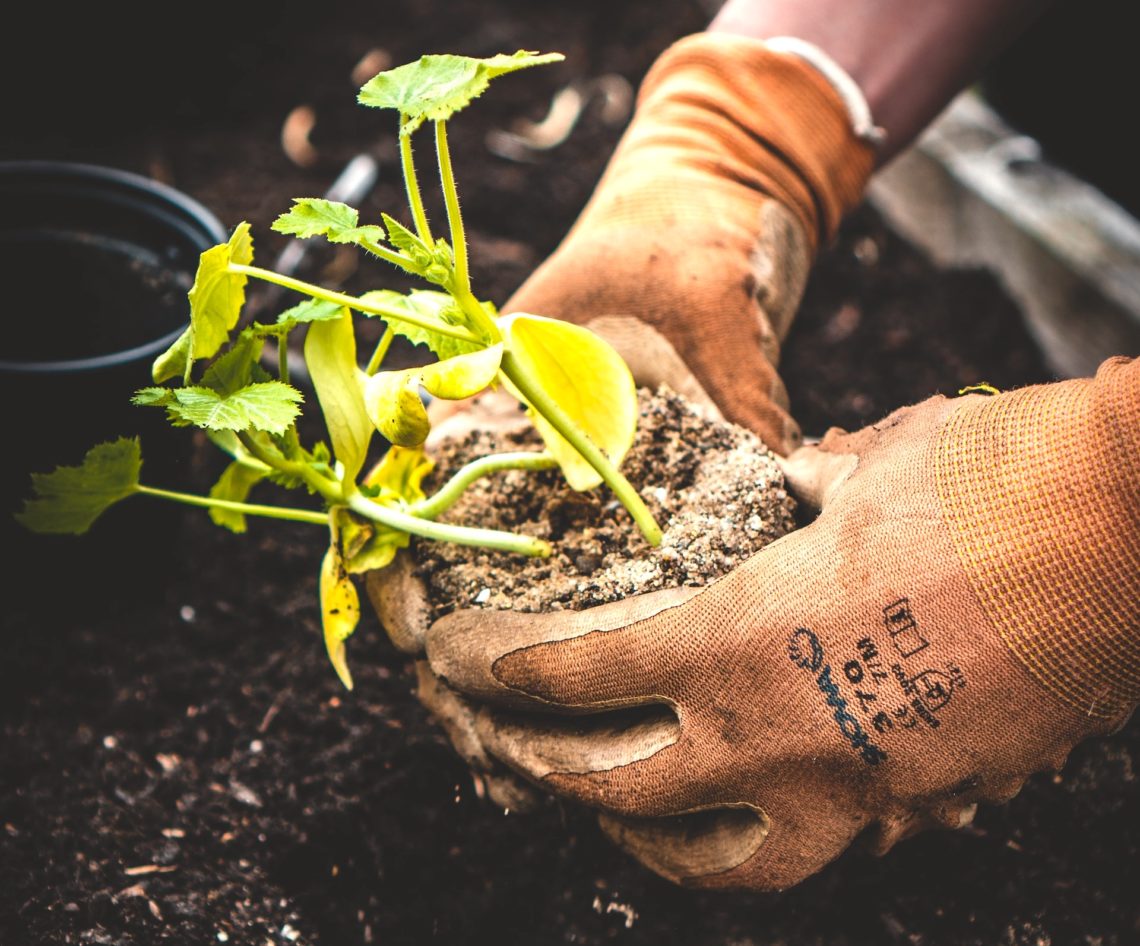
Algae extracts are valuable ingredients for natural fertilisers and bio-stimulants in agriculture. They can help promote plant growth, improve soil quality and are environmentally friendly to boot. Integrating algae extracts into fertilisers offers farmers a sustainable solution to increase yields and promote soil health.
What are algae extracts?
Algae extracts are substances that are extracted from algae and can be used in various applications. They are produced from algae by extracting the biologically active compounds, nutrients or other useful ingredients from the algae.
Algae extracts are often produced as the main product. In this case, algae are specifically grown and harvested to produce extracts. The aim is to extract specific ingredients or active substances from the algae that are used in various industries.
In algae cultivation, unintended extracts or by-products can also be produced. For example, during the growth process of the algae, certain compounds or substances may be released that can be extracted after the algae are harvested. Algae Soil Supplement is one of these extracts that is a by-product of microalgae production.
What are bio-stimulants?
Bio-stimulants are helpful agricultural inputs because they naturally promote plant growth and health. These organic substances help to improve soil quality, increase plant resistance to stress factors such as drought and disease, and optimise nutrient uptake. Another advantage is that bio-stimulants are environmentally friendly and promote sustainability in agriculture by reducing the need for synthetic chemicals. This makes them an attractive option for farmers focusing on healthy harvests and environmental sustainability.
What form do algae extracts take that are suitable for the production of fertilisers and bio-stimulants?
Algae extracts suitable for fertiliser production can come in different forms, depending on the requirements of the manufacturing process and the intended application. The most common forms are powder and liquid, which in turn are well suited for the production of solid fertiliser and liquid bio-stimulants.
Algae extracts can be integrated in powder form into formulations for fertilisers. Powdered algae extracts have the advantage that they can be stored for longer and often have a longer shelf life. An example is seawater extract powder, which contains a wide range of minerals and trace elements.
Liquid extracts can be obtained from algal cells, or from the growing medium of microalgae, and are usually highly soluble, which facilitates their use in agriculture. They can be easily incorporated into irrigation systems or slurry. Concise examples are again Algae Soil Supplement and Laminaria sp. concentrate.
What distinguishes algae extracts as an ingredient in fertilisers from conventional ingredients?
Algae extracts can be considered as natural and biological fertilisers. They are often certified for use in organic agriculture and horticulture. In contrast, conventional chemical fertilisers consist of synthetically produced compounds and are usually not suitable for organic cultivation.
Algae extracts can help to promote soil fauna and microbial activity in the soil. They often contain a variety of nutrients and organic compounds that are important for soil life. This can help improve soil structure and maintain or restore soil health. Chemical fertilisers usually contain only the basic nutrients for growing plants and rarely provide support for soil fauna.
Algae extracts are usually of natural origin and do not contain synthetic chemical compounds. They are therefore free from the negative environmental impacts and possible residues that can be associated with chemical fertilisers. The use of algae extracts can help reduce the environmental impact of agricultural practices.
Which algae extracts are suitable for integration in fertilisers?
Different types of algal extracts may be suitable for integration into fertilisers, depending on the desired nutrients and active ingredients and the specific requirements of the plants and soil.
Microalgae and cyanobacteria such as Chlorella vulgaris and Spirulina platensis have already been successfully used as biofertilisers to promote plant growth. Chlorella vulgaris in particular is a commonly used microalgae in biofertilisers.
The addition of marine algae such as Sargassum sp. and Gracilaria sp. can lead to chemical changes in the soil and improved soil fertility on clay and sandy soils. The addition of seaweed extracts can increase the organic content of the soil, normalise pH and reduce the C/N ratio in both sandy and clay soils.
Extracts from Ulva lactuca have successfully mitigated the harmful effects of salt stress on oilseed rape plants in tests. They also enhanced the natural defence mechanisms of oilseed rape plants, such as the accumulation of proline, phenols and anthocyanidins. These positive effects may make it possible to farm more profitably on salt-stressed soils.
An excellent example of an algae extract with a wide range of benefits is Algae Soil Supplement. Tests and studies have shown that the Algae Soil Supplement activates a wide range of bacteria and fungi and promotes their growth. These microbial colonies help to make important nutrients available to plants and significantly improve the quality of the soil.
The selection of the appropriate algae extract depends on the specific needs of the plants and soils. It is advisable to check the exact nutrient requirements of the plants and, if necessary, to carry out soil analyses to determine which nutrients are needed. Based on this assessment, a specific algae extract can then be selected more efficiently for integration in fertilisers.
What are the advantages of integrating algae extracts into fertilisers for the farmer?
The integration of algae extracts in fertilisers offers several advantages to the farmer. Starting with the fact that algae extracts can promote soil fauna by providing nutrients and organic substances that support the growth of beneficial microorganisms.
Healthy soil fauna contributes to soil fertility and improves soil structure. In addition, algae extracts in fertilisers can increase the availability of nutrients in the soil and facilitate the uptake of these nutrients by plants. This can lead to improved plant growth and higher yields.
In terms of integration into existing fertilisation methods, algae extracts offer relatively simple starting points to be integrated into existing fertilisation practices. As they are available in liquid and powder form, their use can be adapted. Farmers can use algae extracts together with other fertilisers or soil conditioners.
The use of algae extracts as part of sustainable farming practices is forward-looking as it helps to reduce the environmental impact of farming activities. They are often suitable in organic farming practices and organic agriculture. This in turn opens up new avenues for farmers to not only make their crops more stress resistant, but also to diversify and harden their businesses.
By improving soil health and making nutrient uptake by plants more efficient, the use of algae extracts can lead to lower fertiliser costs in the long term. This is because the soil is better able to store nutrients and make them available to plants. In addition, algae extracts in fertilisers can increase the stress resistance of plants, which in turn can lead to stable yields.
Overall, the integration of algae extracts in fertilisers can help farmers implement more sustainable and cost-effective agricultural practices that promote soil health and improve crop production.
Algae extracts – an ingredient for fertilisers with future potential
The use of algae extracts in fertilisers is becoming increasingly important and shows promising future potential for agriculture. The outlook for the future points to further developments, including advances in algae cultivation technology, the creation of customised fertilisers and the integration of algae extracts into global sustainability efforts in agriculture.
Overall, algae extracts have the potential to make modern agriculture more effective and environmentally friendly and are therefore a promising option for tomorrow’s farmers.
Sources
https://www.sciencedirect.com/science/article/pii/S1319562X22001759
https://www.sciencedirect.com/science/article/abs/pii/S1878818123001950
https://www.mdpi.com/2073-4395/9/3/146







Comments by Pit Wagner